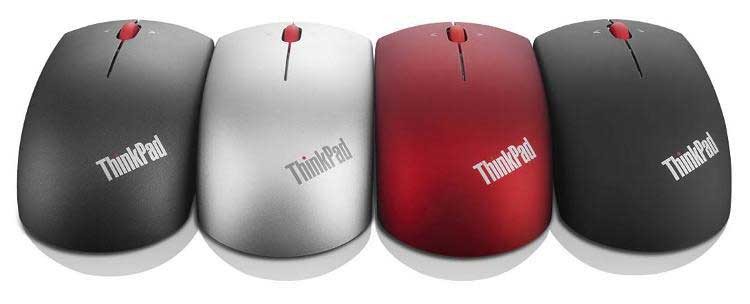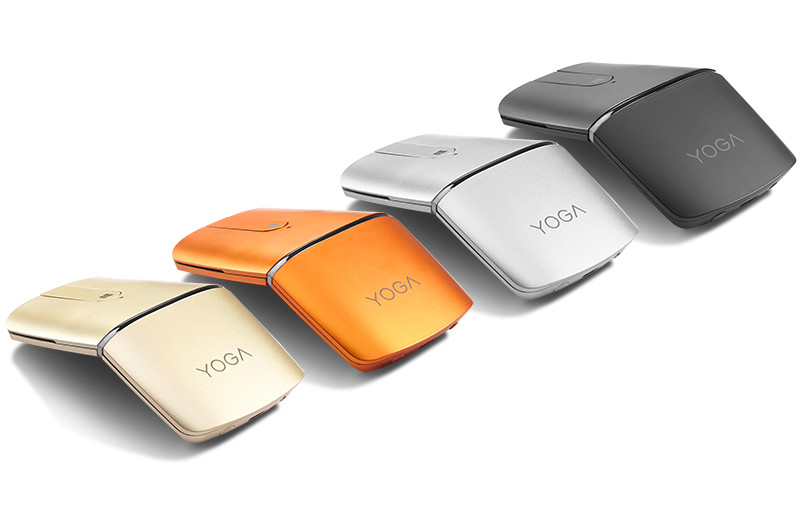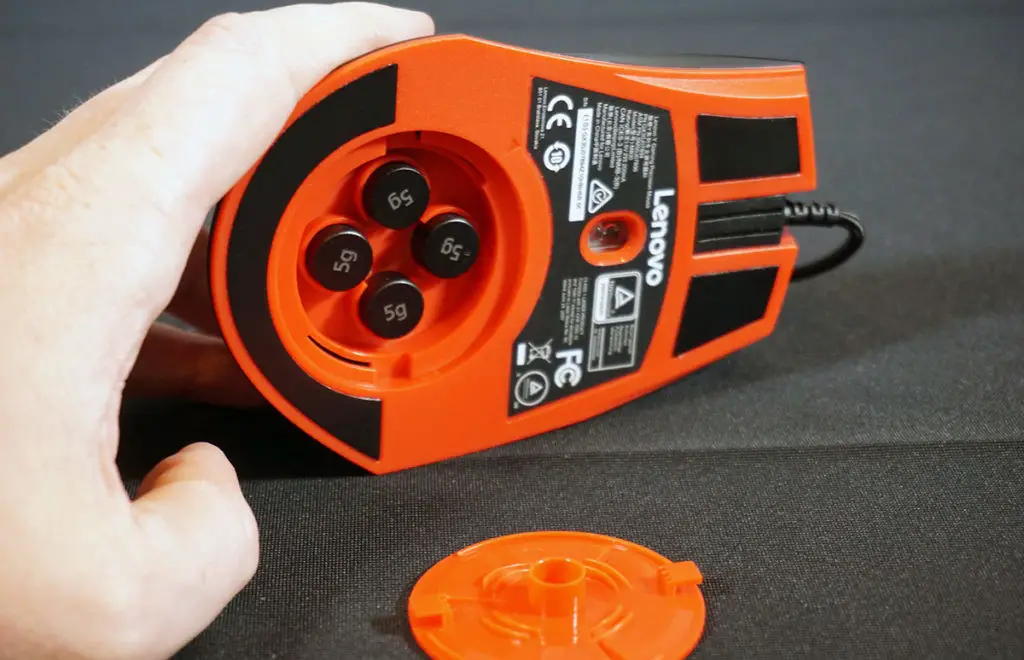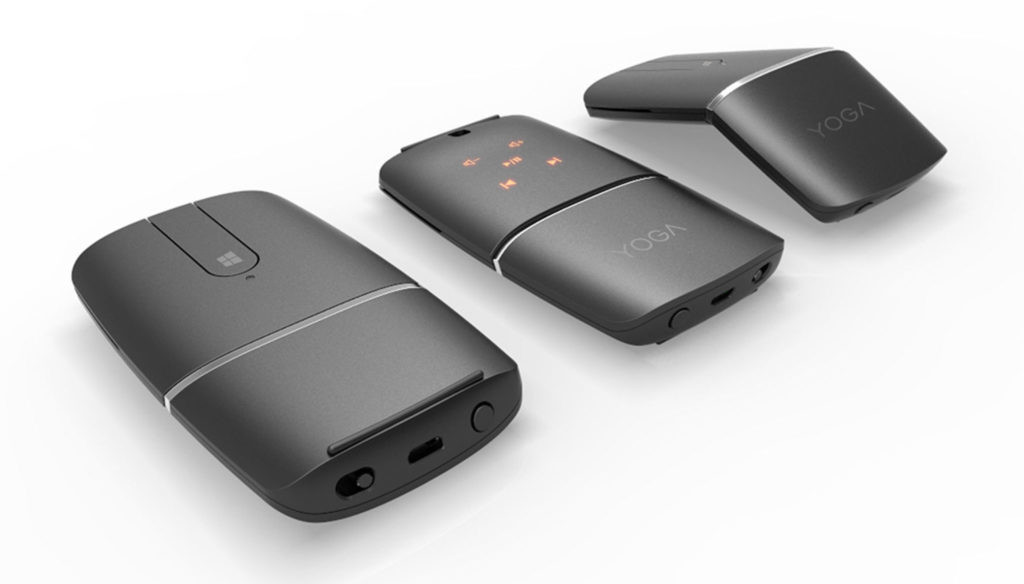
We spend whole days choosing a monitor to retire the old man, configuring the graphics card or the processor. We find new technologies, designs, promises.
And that's all very well, but what about the mouse? Whether on a table in a public office or in a design studio, the mouse is the eternally forgotten .
But the mouse is a modern gadget, right?

No, the first models are more than half a century old. Although the name "mouse" was coined in 1965 by the prestigious engineer William K. English, trackball type scroll wheels have been around since 1941 .
It had a less catchy name at the time: " XY position indicator for a system with a display," in reference to World War II coordinate graphs . And, contrary to what might be believed, things have changed a lot since then .
We use them badly and we end up injured , we don't use the correct mats , we believe that anything goes. And the truth is no. With a good trackpad you can scroll the entire surface of the screen without hardly moving your hand.
And they don't have to be full of buttons or lights; Precisely the best models are minimalist and resistant to almost anything. Let's look at the ThinkPad X1 in the photo, a legend that is proof of everything. It is capable of operating at 0 ° C, even when wet, and can easily handle 15 million clicks .

Look at video games
If there is a market that has promoted the use of the mouse, as a tool of superior reliability, it is that of video games. A League Of Legends player needs a mouse , fast, very comfortable, capable of adjusting to the millimeter in the hand and working when you sweat shaking in the face of defeat.
Thanks to this industry, high precision models have been built - at the atomic level -, with trackballs fixed inside isolated chambers, with macros - keys with a function that memorize some type of action -, aluminum coating and with the possibility of adjusting the sensitivity of the laser sensor to operate on any surface.
We continue to use the cheapest and most uncomfortable mechanical model that they give us when we buy our equipment when, as soon as we rummage around, we can find a great mouse that fits our needs. And what are our needs?

Looking for the off-road mouse
We can say that there are two types of classifications among computer mice: by their use and by the type of connection. Regarding its composition, there are these 5 groups:
- Mechanical : they are those of a lifetime, those that include a large rubber sphere, although it was made of wood, and inside two rollers move, one vertical and the other horizontal . These define where the cursor is on the screen. Within mechanical mice, more progress has been made than in any other type of model. Some, to save weight, incorporate two wheels, one contained within the other, eliminating the plastic sphere.
- Optics - These became a standard a decade ago. Avoid the big problem of the ball: it carries dirt and ends up clogging the bearings. But optical drives are also limited by, first, their small-scale performance, with a theoretical limit of 800 dots per inch , and by their usual disconnections when they start to get dirty.
- Laser : It is easy to confuse it with the optical mouse, but this one is much more precise, with resolutions of up to 2,000 dpi . In addition, they use a kind of magnifying glass to amplify the intensity of the beam. This translates into greater movement sensitivity and precision at a smaller scale. They detect both horizontal and vertical movement .

Gaming model with adjustable DPI thanks to its 4 weights of 5 grams
- Trackball - Old trackballs were very uncomfortable because they required moving a cogwheel for the pointer to move. Currently there are models that completely change the scheme of use. Surely you have heard of vertical mice, where the thumb acts as the index finger and considerably reduces elbow and wrist injuries. Well, some of these models include a large ball in its center to be controlled by the index finger, but only by passing the finger over the surface, since the sphere is a touch surface.
- Mouse Touch : This brings us to fully tactile mice, those that act like a trackpad. By simply moving a finger vertically or horizontally, the pointer will emulate that movement on the screen . They do not require extra buttons or double scrolling, since it associates finger gestures with different functionalities.
In conclusion, a good mouse must be, in addition to being comfortable and light, fast in its performance, operate under any surface, platform and operating system , offer good tracking technology, be able to be used without cables but have a long-lasting battery and, above all, Everything, operate under different protocols - either by Bluetooth under the IEEE 802.15.1 standard or through radio frequency, with the IEEE 802.11b , IEEE 802.11g standards -.

Mouse + remote control
What would you say if the same mouse you use to navigate became a remote control fully integrated with Windows 10, allowing you to manage the multimedia functions of your computer without leaving the chair?
YOGA Mouse is a model that includes a joint in the center and changes position to achieve this extra function. In addition, in the center of it includes a touch strip to quickly navigate through web pages. Thanks to its angled design, it is compatible with both left and right handed users .
At its ends it incorporates two rubber bands for a secure hold and at the bottom it includes an on / off button to avoid consuming the battery when it is inactive. As for the battery, it includes a rechargeable lithium ion as well as a led that warns of the charge level .

Inside it hides a USB key to connect wirelessly, in a dual way, both 2.4 GHz and Bluetooth 4.0. It also incorporates a Micro-USB port to connect it and, unlike other models, it continues to work when it is charging . One minute of charging equals one hour of use. Thanks to dispensing with batteries, it manages to stay at about 13.5 millimeters thick , a record for what it offers.
These clamp-type models are the least depleting with use. Its more ergonomic structure adapts better to the gap left by the hand while they are being used, so that the weight of the hand rests on them. YOGA Mouse, with 1600 dpi precision , is a leap forward in design and usability.